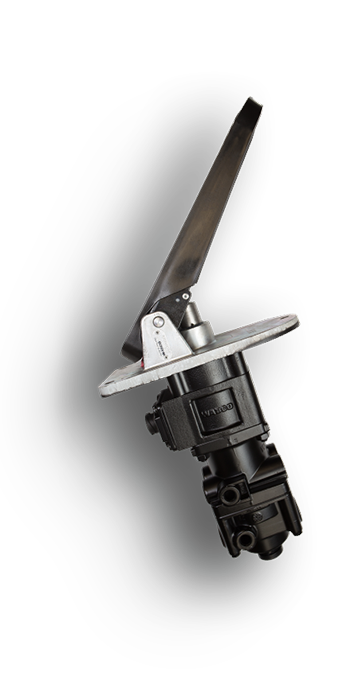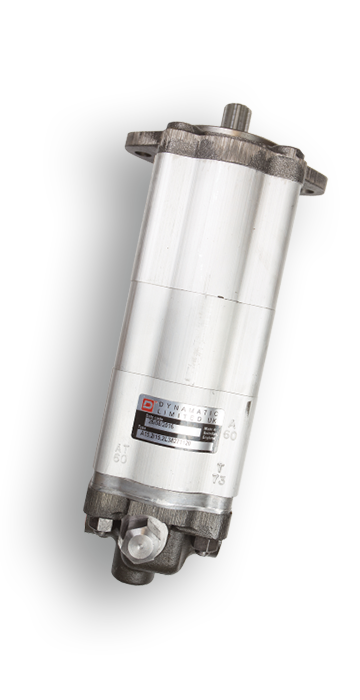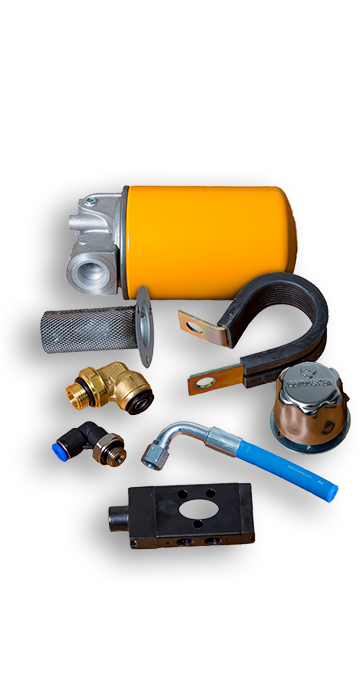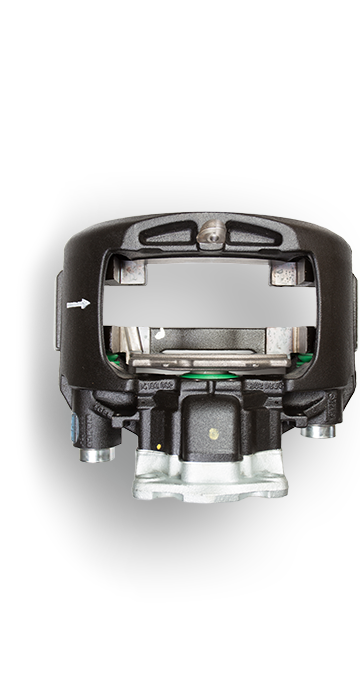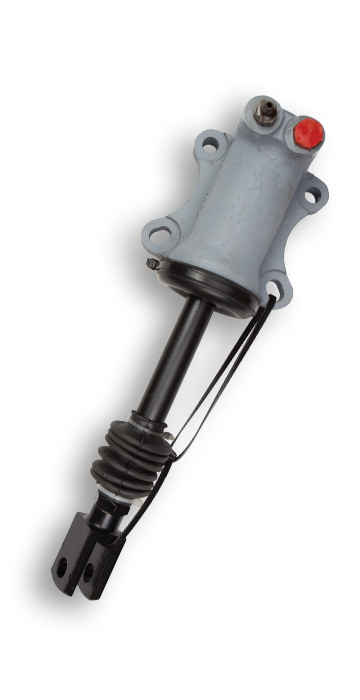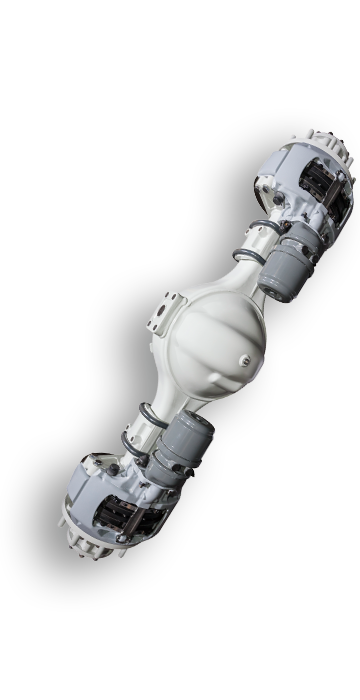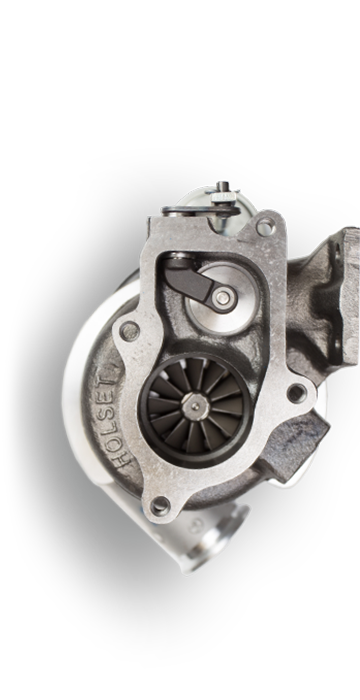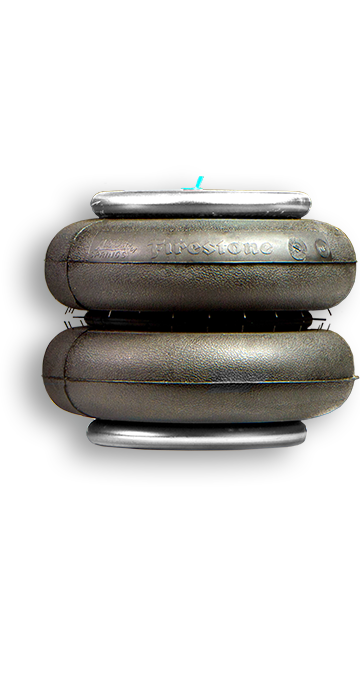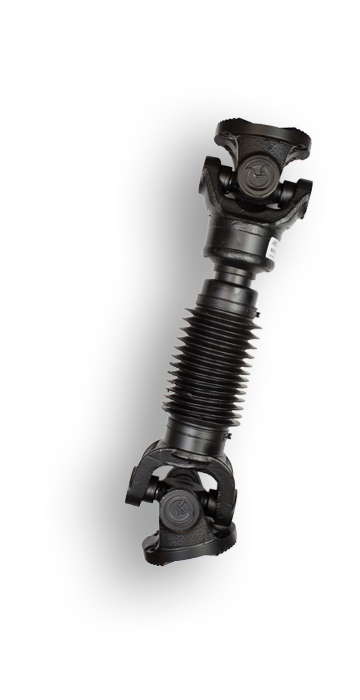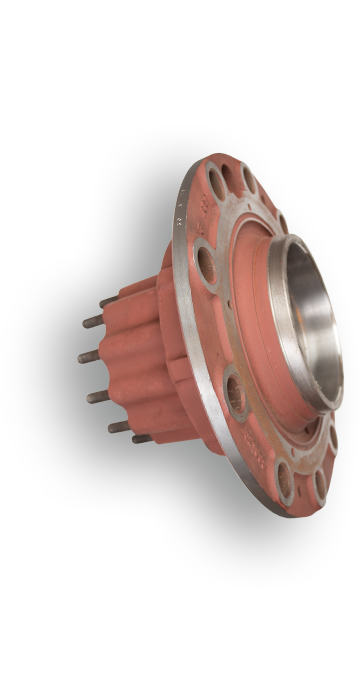Nanyang Technological University (NTU) in Singapore is the location of a major testing programme for the world’s first autonomous bus, which has been built by Volvo.
The Swedish manufacturer’s 12-metre, single-deck 7900e fully electric vehicle seats 36 but can carry up to 80 passengers at a time. As well as its zero-emission capability, NTU claims it consumes 80 per cent less energy than an equivalent-sized diesel bus. The university’s Centre of Excellence for Testing and Research of Autonomous Vehicles has been at the heart of Singapore’s autonomous transit experiments, even building a “mini-town” for driverless bus trials. It joined forces with Volvo to develop the 7900e in early 2018.
The 7900e has Volvo-designed autonomous research software, connected to key controls and multiple sensors. NTU researchers have enhanced it with an artificial intelligence (AI) system, which is protected by cybersecurity measures to ensure safety and reliability. Included are light detection and ranging sensors (LIDAR), 360-degree cameras and an advanced global navigation satellite system, which is like GPS but employing multiple data sources.
The project is planning to extend trials beyond the university campus, in order to demonstrate the ability for an autonomous bus to provide fixed route and scheduled services, similar to existing public bus services in Singapore.
Global charging provider, ABB, is another key industry partner of the project, helping Singapore to make another major step towards sustainable mobility. ABB’s HVC 300P fast charging system delivers 300 kW DC power and will recharge a battery in three to six minutes. It is based on OppCharge, an open interface for DC electric bus charging, which is now being used in Singapore and across the Asia Pacific. Using a pantograph mounted on the charging infrastructure for end-point charging, it allows batteries to be charged at the end of the line, without impacting the normal operation of the bus.
Commenting on this innovation, John Dwight, Sales Director of Imperial Engineering, which supplies OE bus and coach parts to operators throughout the UK, said:
“In a similar vein to the research being carried out into autonomous cars, Volvo’s pioneering driverless bus reflects the work being done into automating road-based public transport in major cities around the world. The quest for zero-emission, sustainable mobility is a major part of urban infrastructure investment and as a market leader in the supply of brand new parts to the bus and coach sector here in the UK, Imperial Engineering will be ready to respond to changes in the operator market with the uptake of more ULEV and zero emission models.”
